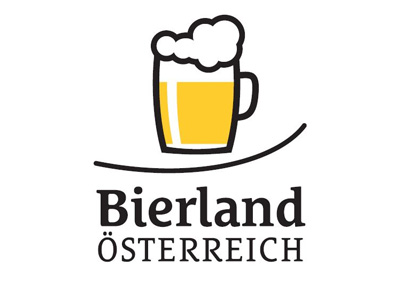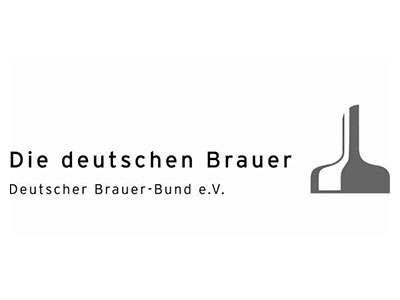
European Brewery Convention (EBC) statement on beer shelf-life and best-before dates for beer in general, and keg beer in particular
- 04/05/2020
- general
The European Brewery Convention has issued a Statement, accompanied by a Technical Opinion, on Beer shelf-life and best-before dates for beer in general, and keg beer in particular.
European Brewery Convention (EBC) statement on beer shelf-life and best-before dates for beer in general, and keg beer in particular
In the European Union, food and beverage product labelling is governed by, inter alia, the EU Regulation 1169/2011 of 25 October 2011, which defines the concepts of a so-called minimum durability date, expressed either as a “use-by date” which must appear on highly perishable food, or as a “best-before date” on foods and beverages which are still safe to consumed after the date indicated on the product, provided that any improper handling or tampering of the package has not occurred.
Beer, once provided to the consumer in keg, bottle, can, or any other closed and sealed package, must adhere to the above-mentioned regulation and, further to this, to any national legislation pertaining to this category. This includes the obligatory declaration of a best-before date.
As beer is intrinsically safe due to its characteristics regarding pH, residual extract, carbonation and alcohol content as pertaining to a fermented product, brewers include a best-before and not a use-by date. This date informs the consumer that the beer, regardless of the package, would still in a fit state to be able to be consumed and that the contents would be true to its intrinsic claims as a consumable and, indeed, enjoyable product.
Such consumption, of course, does imply that the storage and handling pre-supposes the package to be kept intact and thereby, in the case of beer, would satisfy producers’ stipulations against exposure to adverse temperature and light conditions.
Essentially, the best-before date is set by the brewery; this being dependent on the recipe and strength, the production process, final analytical parameters, and the packaging of the beer. It therefore intends to ensure a great experience upon imbibition, as this is the way the brewer has intended the beer to be consumed – as fresh as possible.
In the case of kegs, as a returnable package (this refers almost exclusively to stainless steel containers), brewers also need to consider returning the empty kegs, so that the logistics of product rotation is optimised and supply chains are efficiently managed on an environmentally sound, and economically viable basis.
As per the above this also means, in the case of returnable kegs, bottles and cans, that brewers tend to apply a shorter best-before date than to non-returnable packages containing the same product. This is a general practice, European-wide and in other countries across the globe.
Producers, distributors and retailers understand that once storage, handling and service good practices prescribed by the brewers are guaranteed, the beers in question may benefit from positive attributes in freshness, even after surpassing the best-before date for several days, weeks, or even months.
The above-mentioned best practices can be applied by any producer, distributor and retailer which follow the guidelines set by the EBC, and / or any national brewing trade associations, documented and underpinned by best practices in beer production, as well as sales & marketing.
Considering the unprecedented and difficult times all of us are finding ourselves in due to the Covid-19 pandemic, effectively putting an end to the on-site consumption in hotel, restaurants, bars and cafés (HORECA) activities globally, and in the EU in particular, there is naturally a risk of keg beer accumulating in storage with a critical, or even exceeded best-before date, equally at retailers, wholesalers, distributors and, of course, brewers’ warehouses.
Some brewers, due to their markets’ specific beer consumption or rotation channels, may want to reassess their keg beer’s best-before date, so that a possible prolongation could be considered, without any undue prejudice of beer sensory characteristics or safety and quality, whilst continuing to ensure a best experience for all consumers.
The European Brewery Convention (www.europeanbreweryconvention.eu), defines itself as the scientific and technical arm of The Brewers of Europe. The EBC has been consulted in order to better substantiate the context described above.
Considering our mission on preserving, protecting and promoting “Brewing Excellence” against the background of its over 73 years of existence, the EBC wishes to support brewers, decision-makers and all national European and global authorities in the endeavour to ensure that some measure of flexibility, based on our technical and scientific credentials, should be considered and applied. This will greatly contribute to brewers continuing efforts in providing good beer consumers in these times of crisis.
The hereby signed EBC representatives, having prepared a technical statement, wish to draw attention to the EBC Technical Opinion which is available here, outlining the technical and scientific aspects concerning the management of shelf-life, and best-before dates, of keg beer.
Yours faithfully,

Tiago M. Brandão John M. Brauer
EBC President EBC Executive Officer
EBC Brussels, 24 April 2020









